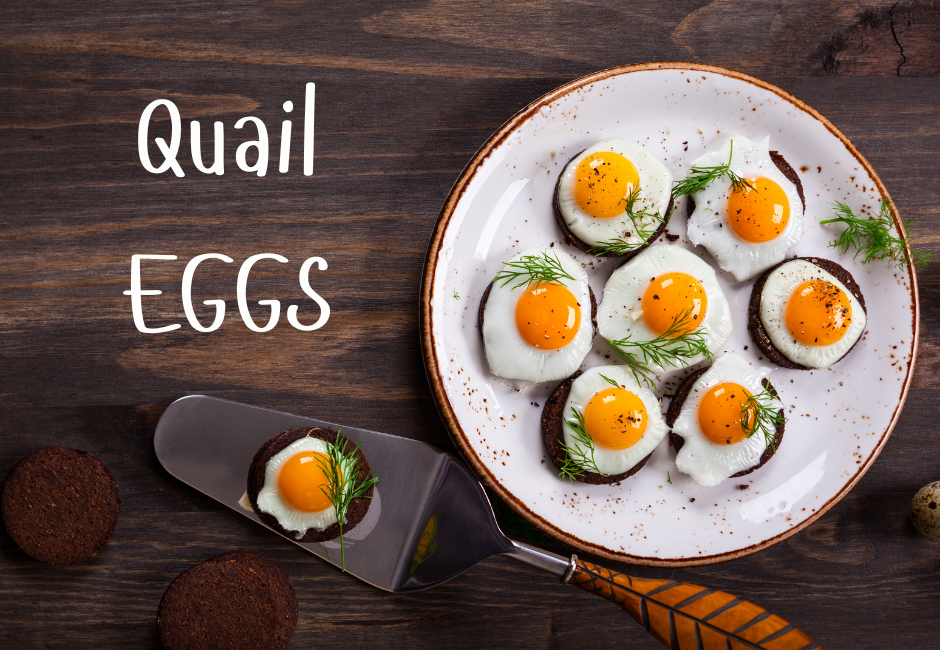
Quail Eggs for Babies – A Nutritious Addition to Their Diet
Introducing new foods to your baby is always an exciting step in their development. One food that may not be as well-known but is packed with nutrients is quail eggs for babies. As a parent, you want to ensure that your little one is getting the best start in life with healthy, nutrient-dense foods. Quail eggs are an excellent source of protein, vitamins, and minerals that can contribute to your baby’s growth and development. Let’s dive into why quail eggs are a great addition to your baby’s diet, how to safely introduce them, and some ideas on how to prepare them.
Why Quail Eggs for Babies?
Quail eggs may be small, but they pack a nutritional punch. These tiny eggs are rich in protein, fat, vitamins, and minerals. They contain vitamins A, B12, and D, which are essential for your baby’s development. They also provide iron, which is crucial for building strong blood and preventing anemia. For more iron-rich foods, be sure to check out my article. Because they are more digestible than chicken eggs, quail eggs may be easier on your baby’s delicate digestive system.
For example, when I first started introducing eggs to my little one, I was cautious. I was nervous about possible allergies, but after talking with my pediatrician, we decided to try quail eggs as a gentler alternative. They were not only safe but also seemed to be well-tolerated by my baby. In my experience, introducing quail eggs as part of a balanced diet has been a great way to offer variety and additional nutrients.
Benefits of Quail Eggs for Babies
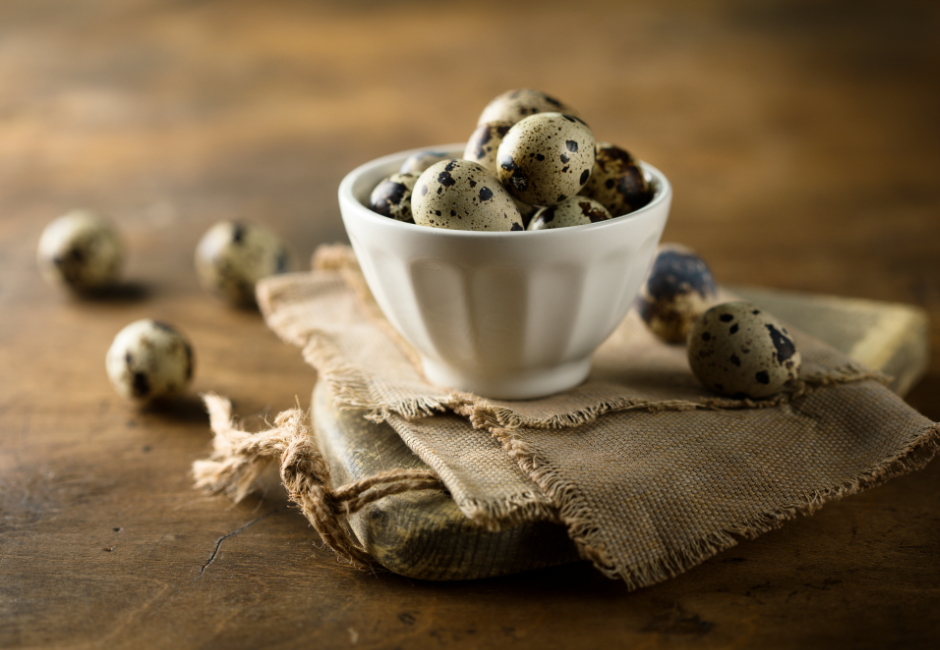
Rich in Protein: Quail eggs provide a high-quality protein source, which is essential for your baby’s muscle growth and development.
Packed with Vitamins: They contain vitamins A, B12, D, and E, all of which are important for maintaining a strong immune system and supporting brain development.
Iron-Rich: Quail eggs are a great source of iron, which is vital for red blood cell production and overall health.
Easier to Digest: Due to their smaller size and unique composition, quail eggs are easier for babies to digest compared to chicken eggs.
Supports Eye Health: The vitamin A content in quail eggs is excellent for maintaining healthy vision and preventing eye issues.
How to Introduce Quail Eggs to Your Baby
Most pediatricians recommend introducing eggs, including quail eggs, to babies around 6 months of age. However, it’s always best to consult your doctor before adding any new food to your baby’s diet. If your family has a history of egg allergies, you might need to be extra cautious.
When introducing any new food to your baby, it’s important to do so slowly and carefully. This allows you to monitor for any potential allergies or sensitivities. Here’s how you can safely introduce quail eggs to your baby’s diet:
- Start at the Right Age: Most experts recommend introducing eggs to babies around 6 months old. Be sure to consult with your pediatrician before introducing any new foods.
- Introduce One Ingredient at a Time: As with any new food, it’s best to start with just quail eggs and wait a few days to see if any allergic reactions occur.
- Cook Thoroughly: Always cook the quail eggs thoroughly to ensure they’re safe for your baby. You can soft-boil them, scramble them, or make them into a soft omelet. Avoid serving raw eggs due to the risk of salmonella.
- Watch for Allergies: While quail eggs are less likely to trigger an allergic reaction compared to chicken eggs, be sure to monitor your baby for any signs of an allergic response, such as hives or vomiting.
Ideas for Cooking Quail Eggs for Babies
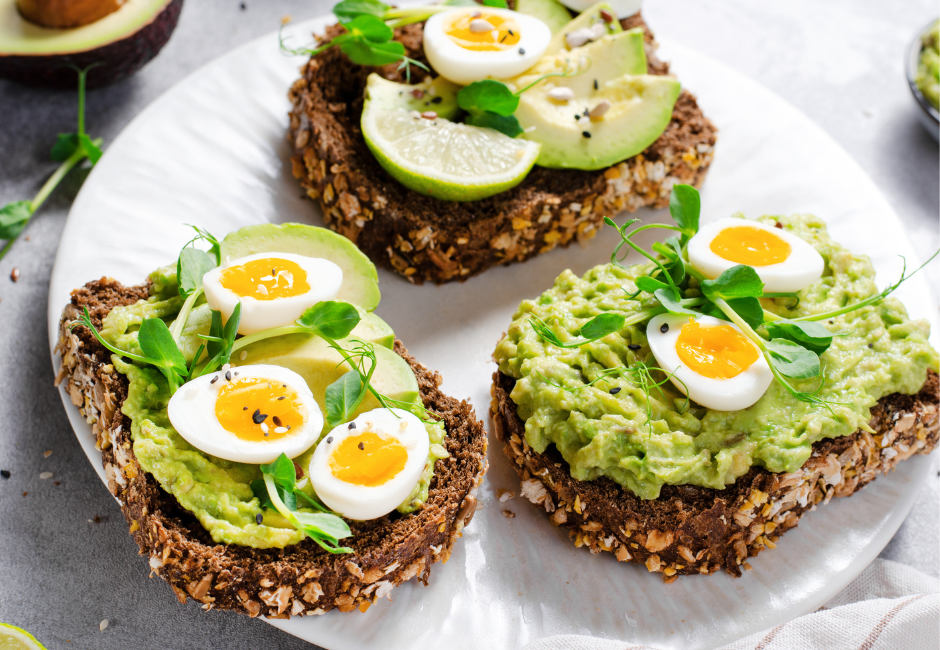
Here are a few simple and tasty ways to introduce quail eggs for babies into their meals:
- Scrambled Quail Eggs: Scramble one or two quail eggs with a bit of breast milk, formula, or water. You can also add a little finely chopped spinach or soft veggies for extra nutrients.
- Quail Egg Puree. Boil or steam the quail eggs until fully cooked. Then mash them with mashed sweet potatoes or avocado to create a nutrient-packed puree.
- Quail Egg Oatmeal: Add a boiled quail egg to your baby’s oatmeal for an extra protein boost.
- Quail Egg and Veggie Mash. Mash cooked quail eggs with vegetables like carrots or peas to make a nutritious, easy-to-digest meal.
- Mini Quail Egg Omelet. For babies who are ready for finger foods, make a small omelet with quail eggs and finely chopped veggies. Cut it into bite-sized pieces for easy eating.
These ideas are a simple way to start introducing quail eggs and provide your baby with a variety of nutrients that are crucial for their growth and development.
When Should You Be Concerned?
Quail eggs are generally safe for babies, but watch for signs of allergies or digestive issues. If your baby has trouble digesting the eggs or shows allergic reactions like swelling, rash, or difficulty breathing, stop feeding them quail eggs and consult your pediatrician. For more tips on introducing allergens, check out my article.
Conclusion
Quail eggs for babies can be a fantastic and nutritious addition to their diet, packed with protein, vitamins, and minerals. When introduced properly, they can offer a healthy and easily digestible food option that supports growth and development. If you’re looking for a new way to introduce eggs, quail eggs may just be the perfect choice for your little one.
I’d love to hear your experiences! Have you tried introducing quail eggs to your baby? Feel free to share your thoughts, tips, or questions in the comments below!
Frequently Asked Questions (FAQ)
Q1: Can quail eggs cause allergies in babies?
A: While quail eggs are less likely to cause allergic reactions compared to chicken eggs, it’s important to introduce them slowly and watch for any adverse reactions.
Q2: At what age can I introduce quail eggs to my baby?
A: Quail eggs can generally be introduced to babies around 6 months old, but always check with your pediatrician before introducing new foods.
Q3: How should I prepare quail eggs for my baby?
A: Quail eggs should always be cooked thoroughly to avoid the risk of foodborne illness. You can soft-boil, scramble, or make an omelet with them.
Q4: Can quail eggs be served as finger food for babies?
A: Yes! Quail eggs can be sliced into small pieces and served as finger food once your baby is ready for solids and finger foods.
Q5: How many quail eggs should I give my baby?
A: Start with one quail egg and monitor your baby’s reaction. You can gradually increase the amount as your baby’s tolerance grows.
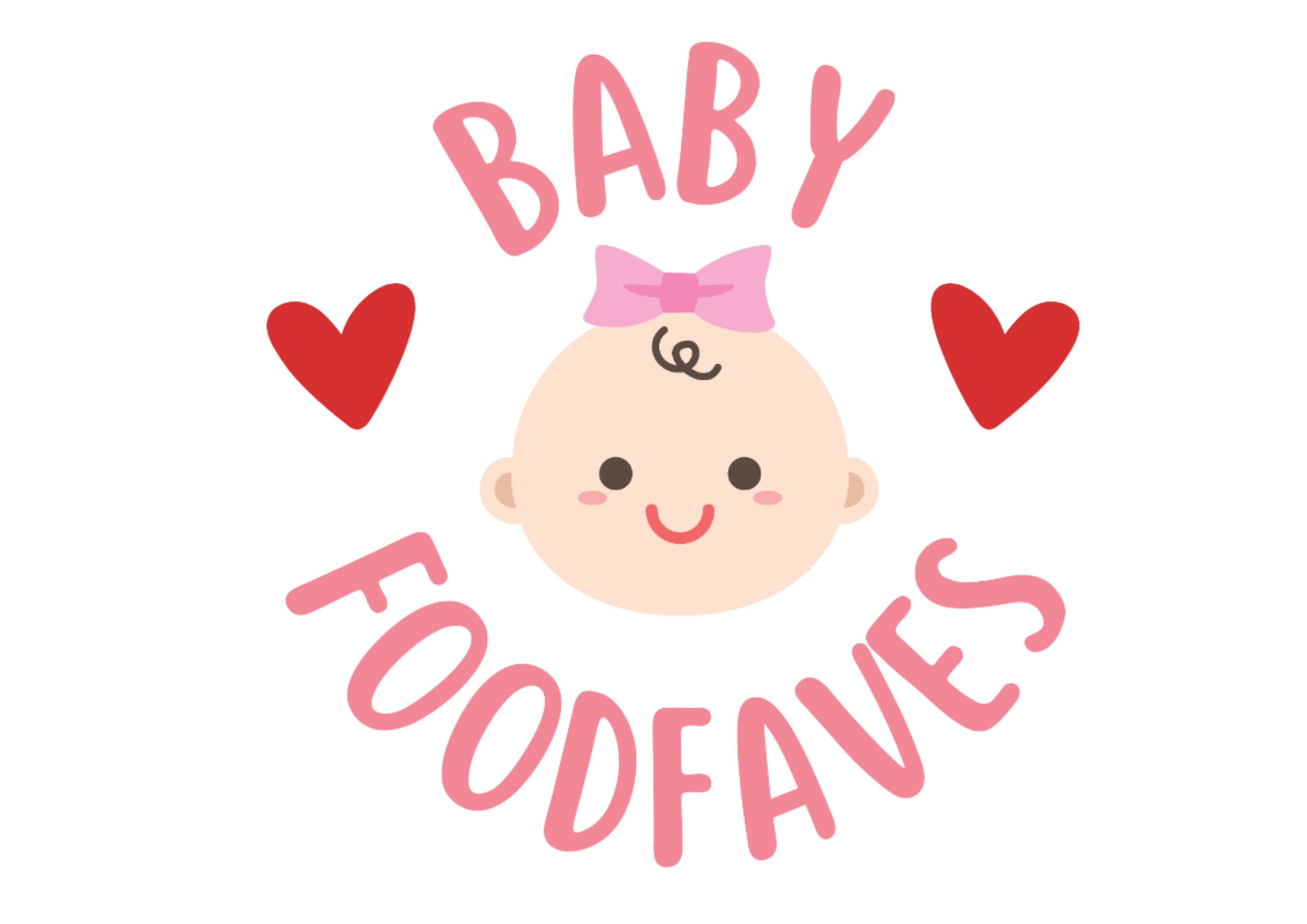


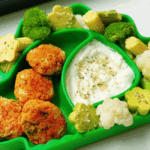
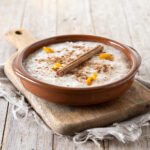

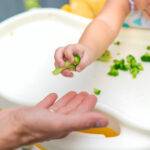



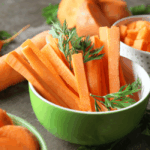


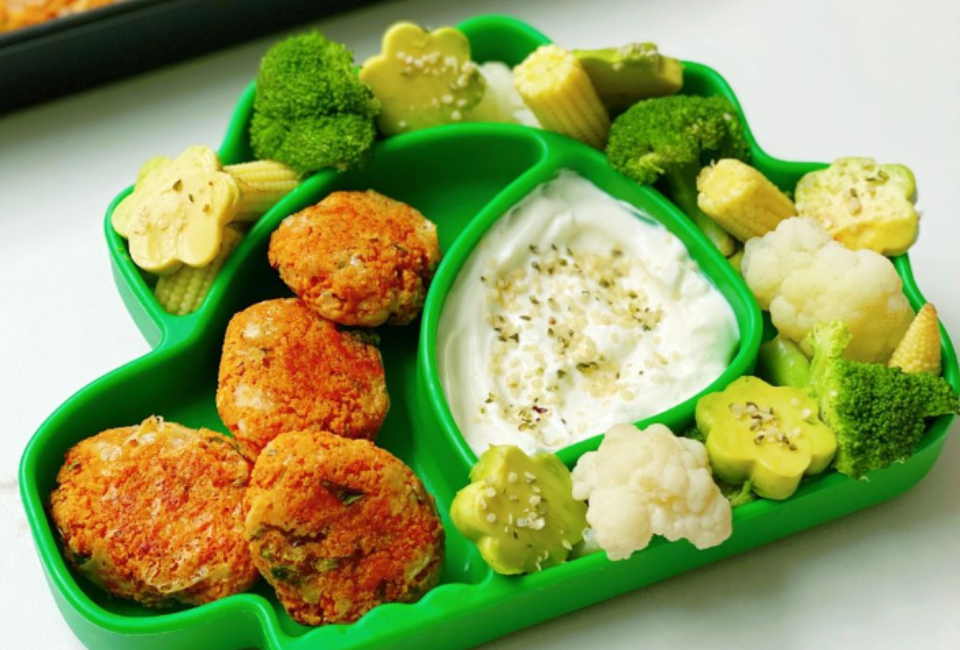
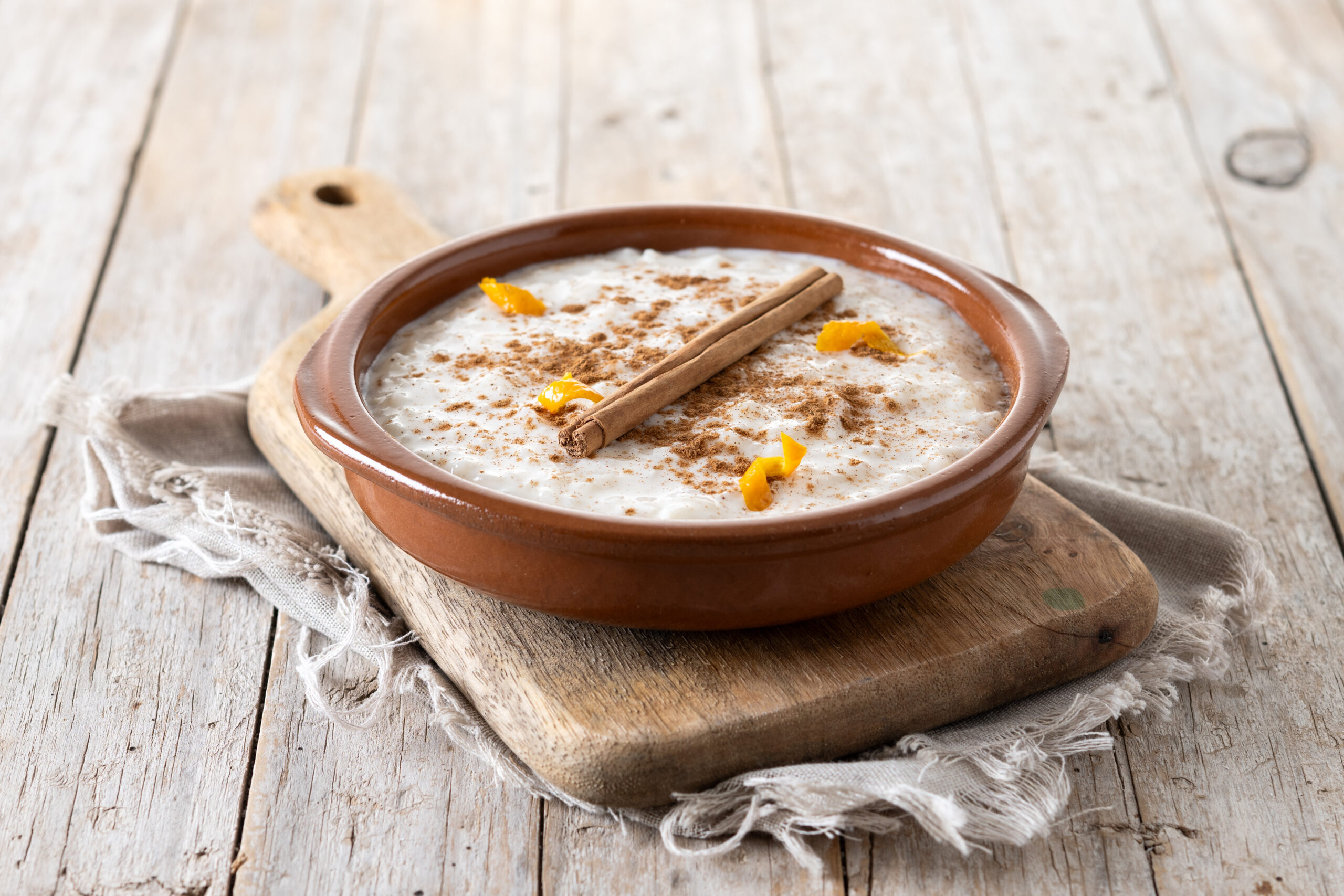
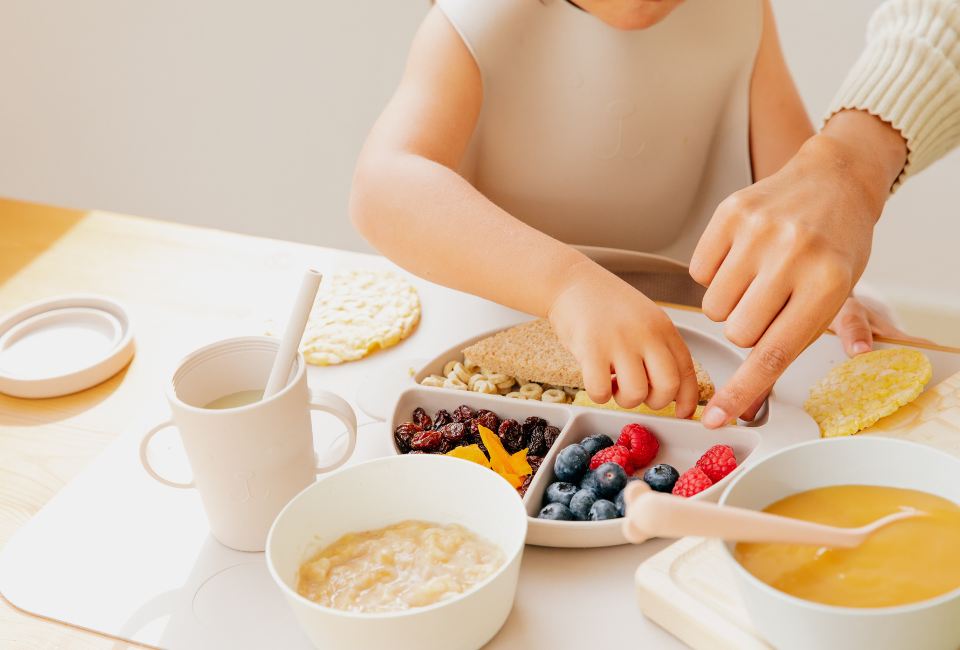
Leave a Reply